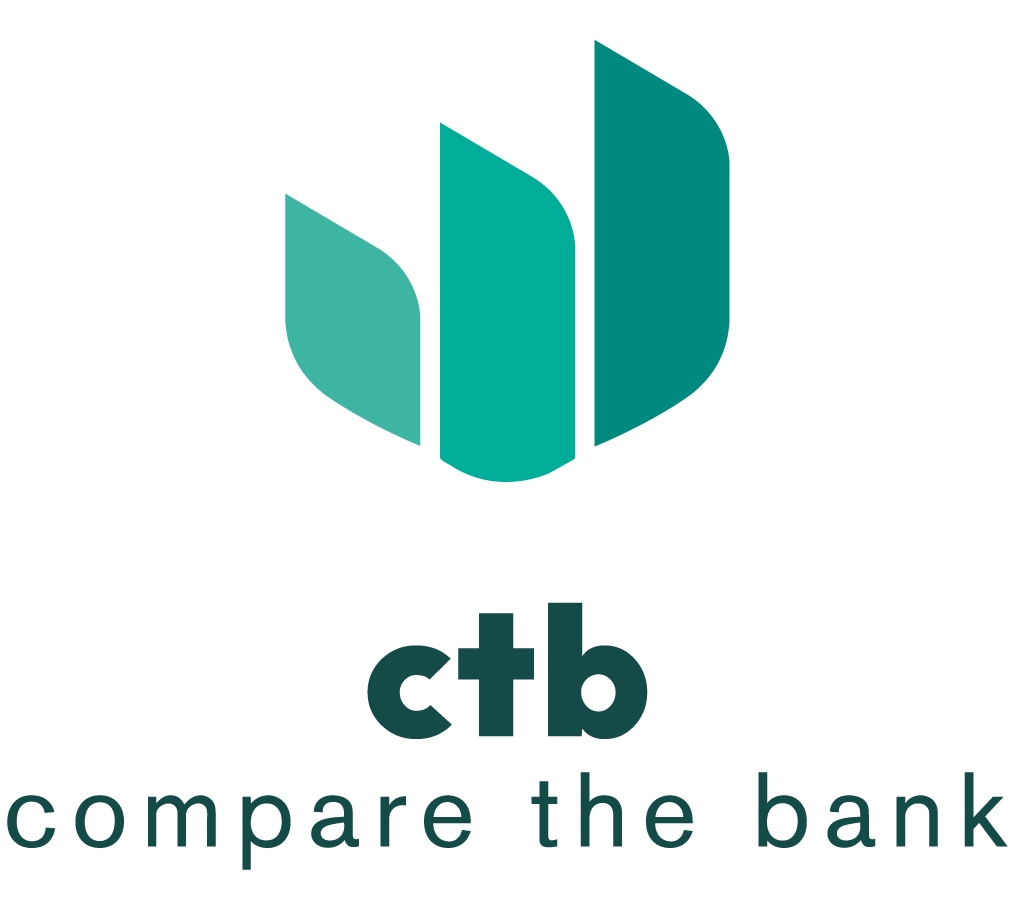Invoice finance is a financial arrangement where a business sells its unpaid invoices to a lender at a discount, in exchange for immediate cash. This helps businesses improve their cash flow by accessing funds tied up in outstanding invoices.
How does invoice finance work
Invoice finance typically involves three parties: the business (seller), the finance company or bank (lender), and the customers. The business sells its invoices to the lender, which advances a portion of the invoice amount (usually 70-90%). When the customers pay the invoices, the lender releases the remaining balance to the business, minus a fee.
What are the benefits of invoice finance for businesses
Invoice finance provides immediate cash flow, reduces the risk of late payments or bad debts, allows businesses to focus on growth, and eliminates the need for traditional loans or credit lines.
What types of businesses can benefit from invoice finance
Any company with unpaid invoices, but typically SMEs, Mid-Market companies with B2B sales models, seasonal businesses, startups, and businesses with fluctuating cash flows can benefit from invoice finance
What is the difference between invoice factoring and invoice discounting
Invoice factoring involves the sale of invoices, and the lender takes over collections. With invoice discounting, businesses retain control of collections and provide management information on a regular basis to the lender
What percentage of the invoice amount can I expect to receive through invoice finance
Typically, businesses receive an advance of 65-90% of the invoice amount through invoice finance, dependent upon a risk assessment conducted by the lender which includes but isn’t limited to a review of industry sector, previous performance, ownership structure and a wide range of variables
How quickly can I access funds through invoice finance
Depending on the lender and your arrangement, you can access funds same day or within 24 hours of submitting your invoices. More up to date lenders have platforms which allows instant access
What fees are associated with invoice finance
Fees include a discount or interest rate on the advanced amount, service fees, and normally an arrangement fee, depending on the lender and terms of the agreement.
Are there any eligibility requirements for invoice finance
Eligibility varies among finance companies, but lenders often consider the creditworthiness of your customers and the nature of the work undertaken for them. One important point to note is that invoice finance only works for B2B business models and not B2C models, hence retail businesses should consider alternative forms of funding
Will my customers be aware that I’m using invoice finance
Whether your customers are aware depends on your agreement with the lender. Some arrangements involve notifying customers, while others do not. Typically invoice discounting arrangements do not include notifying customers i.e. they are confidential
What happens if my customers don’t pay their invoices
If customers don’t pay, you may be responsible for repurchasing the unpaid invoices or reimbursing the lender. This depends on the recourse or non-recourse nature of your agreement.
Can I choose which invoices to finance
This depends upon the lender but generally speaking majority of arrangements are ‘whole turnover’ There are however financiers who will fund smaller balances or customers and these are arranged by ‘spot financiers’
Are there any restrictions on how I can use the funds obtained through invoice finance
Generally, there are no restrictions on how you can use the funds obtained through invoice finance; you can use them for any business purpose.
How does the creditworthiness of my customers affect invoice finance
The creditworthiness of your customers is a key factor in determining your eligibility and the terms of your invoice finance arrangement. Lenders assess the risk associated with your invoices.
Is invoice finance a suitable solution for startups
Yes, invoice finance can be a viable cash flow solution for startups that have invoices to finance.
Are there any industries that are not eligible for invoice finance
Eligibility can vary by lender, but most industries with B2B sales can benefit from invoice finance. B2C businesses cannot use invoice finance as there are no commercial ‘invoices’ to fund
How long does it typically take to set up an invoice finance arrangement
The setup process varies but can be completed within a week, up to a month, depending on factors such as documentation and due diligence, as well as the quantum of funding required
What documentation and financial information do I need to provide to a finance company for invoice finance
You’ll typically need to provide copies of invoices, business financial statements, customer credit information, and other relevant documentation.
Can I use invoice finance as a short-term or long-term financing solution
Invoice finance can be used as both a short-term and long-term solution, depending on your business needs. Majority of businesses utilise invoice finance a ongoing working capital solution
What alternatives to invoice finance are available for managing cash flow
Alternatives include traditional loans, lines of credit, merchant cash advances, and other forms of business financing
Keep in mind that the specific terms and conditions of invoice finance arrangements can vary widely between finance companies, so it’s essential to thoroughly research and compare options before selecting a provider.
If you want to discuss your requirement in more detail, feel free to call on the number below or fill out a call back request form and we’ll be in touch to assist with any queries you may have.
If you want to discuss your requirement in more detail, feel free to call on the number below or fill out a call back request form and we’ll be in touch to assist with any queries you may have.
